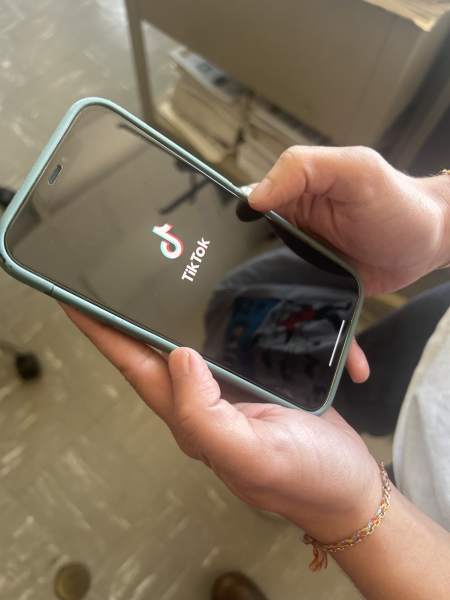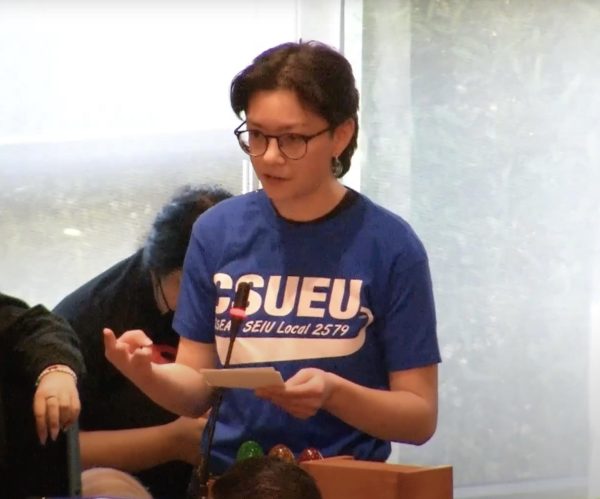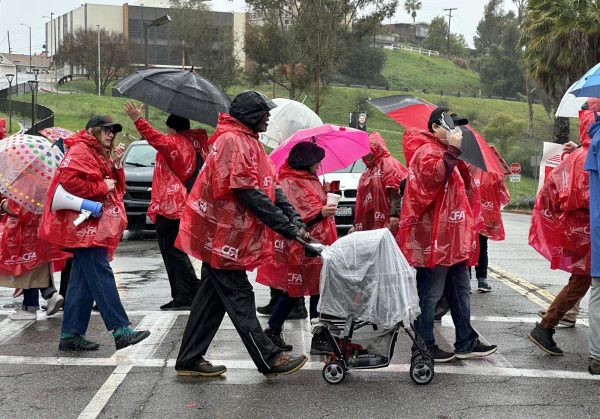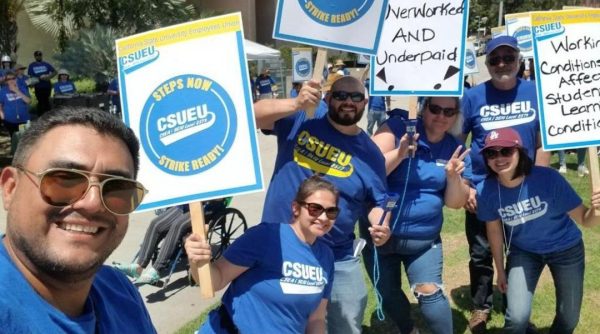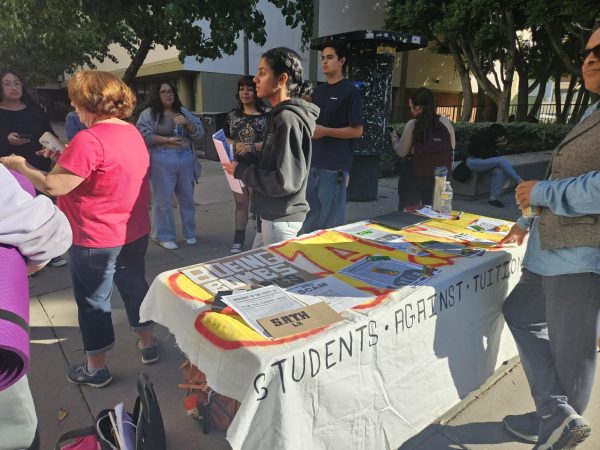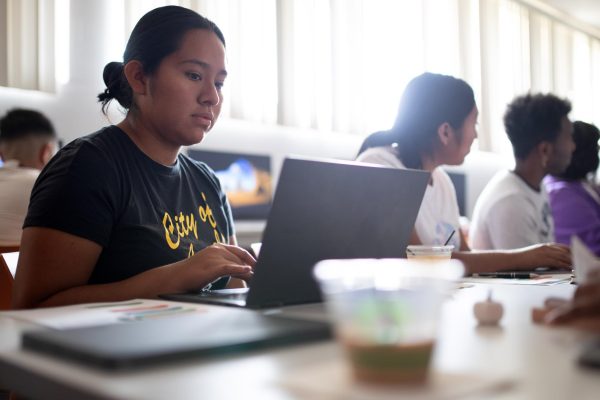Alumni Highlight Intersectional Feminism

Make/Shift web logo
On one of their many walks amidst the Griffith Park backdrop, former Cal State LA graduate student Stephanie Abraham and former director of the Cross Cultural Center, Daria Tudacufski, came up with the name for their independent feminist magazine, or “zine”, Make/Shift.
Before their work on Make/Shift, the pair had collaborated on another feminist zine at Cal State LA called LOUDmouth. Each issue had a different theme that emphasized the importance of intersectionality and inclusivity within the field of feminism.
Nearly twelve years after their first issue, they returned to Cal State LA to discuss their latest book “Feminisms in Motion”, which features a culmination of works from past issues.
One of their main aims was to explore the way that gender intersects with other identities and experiences, according to Tudacufski and contributing editor Jessica Hoffman.
“There was this sense of expansiveness. The ‘Food’ issue wasn’t about this narrow set of concerns over women and food like it also looked at farm worker labor. It spoke to the multi-issue approach and multi-voice approach,” said Hoffman.
Cal State LA student Caitlin Ramirez came to support her former co-worker, who happens to be Abraham, and was left inspired by their endeavors.
“You can do work and support causes while still having a full-time job. Even though we heard that it can be difficult, they had a huge impact and now they have a book,” said Ramirez.
While Ramirez labels herself a feminist, she often finds tension between feminism and the Latinx culture she grew up with.
“It’s difficult especially coming from a Latinx household. The rest of my aunts and uncles are not as nontraditional as my parents so they’ll say, ‘Why are you wasting your time at school? Go out and get married and pursue a regular traditional family,’ said Ramirez.
Kiera Valdez, a Women’s Gender, & Sexuality minor, was struck by the relevance of the panel.
“This discussion was really important because it’s a current conversation. Feminism is an organism that keeps growing and it really takes you back to what it means to be an intersectional femme in today’s time,” said Valdez.

